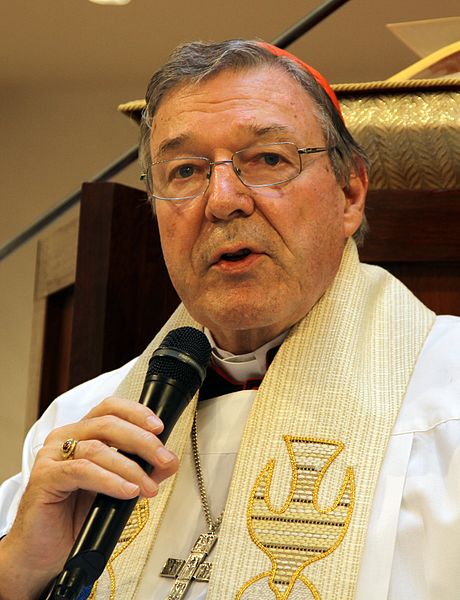In a much-anticipated decision, the High Court has today delivered judgment for the appeal of Cardinal George Pell, the highest ranking Catholic official to ever be charged and convicted of child sexual assault offences.
By an unanimous judgment, those convictions have now been quashed and Cardinal Pell is a free man.
This case will obviously have resounding implications for the Catholic Church on one hand and the survivors of institutional and child sexual abuse on the other.
However, an important question to also consider is what this case will mean moving forward from a legal perspective.
Allegations of child sexual assault date back to the 1990s
To understand the implications of the case, an understanding of the factual background is important. The offences dated back to the mid-1990s when Cardinal Pell was Archbishop of Melbourne. After a trial by jury he was convicted of a single count of sexually penetrating a child under 16 years and four counts of committing an act of indecency with or in front of a child. The victims were alleged to be two choirboys aged 13 years at the time. One of the victims passed away before any complaint was made to police. The Complainant alleged that the offending took place in the sacristy at St Patrick’s Cathedral after Sunday Mass.
Cardinal Pell is found guilty by jury and Victorian Court of Appeal refused to overturn the conviction
Cardinal Pell strongly denied the allegations in a police interview. He did not give evidence at his trial. There were many witnesses, described as ‘opportunity witnesses, who gave evidence about the operations of the Congregation and the limited opportunity that would be available to commit the offences. Cardinal Pell was ultimately found guilty by the jury and he appealed to the Victorian Court of Appeal. There he was unable to persuade the Court of Appeal to overturn his convictions.
Cardinal Pell takes the case to the High Court of Australia
Taking the case to the High Court, Cardinal Pell’s legal team argued that verdicts were unreasonable or that they could not be supported by the evidence. The High Court held that the jury had available to it, “evidence which ought to have caused the jury, acting rationally, to entertain a doubt as to the applicant’s guilt of the offence” (Pell v The Queen — [2020] HCA 12, 127). The Court accepted the submission made on Pell’s behalf that the unchallenged evidence of the opportunity witnesses was important and effectively found that the jury and Court of Appeal placed too much emphasis on the evidence of the Complainant.
The Court held that even though the jury may have found the complainant to be credible and reliable, the evidence of the opportunity witnesses nonetheless required the jury, acting rationally, to have entertained a reasonable doubt as to Pell’s guilt.
The legal standard of “beyond reasonable doubt” is reinforced
The judgment was consistent with the Court’s prior authority for appeals matters and the question posed was whether there was “a significant possibility that an innocent person has been convicted because the evidence did not establish guilt to the requisite standard of proof“(Chidiac v The Queen (1991) 171 CLR 432, 444; M v The Queen (1994) 181 CLR 487, 494). Legally this case does not bring about a change to the law. However, it is a unanimous and clear statement from the full bench Highest Court in the nation, that where the prosecution case is wholly dependent upon uncorroborated evidence of a single witness and there is other, potentially credible, evidence available to challenge that account, the standard of proof is “beyond reasonable doubt”.
This case is a highly emotional and divisive case for many throughout the world. However, from a legal perspective, this case upholds a longstanding and foundational principle of our legal system with respect to the onus and standard of proof. Accused persons, such as Pell, should always be entitled to the benefit of reasonable doubt and an acquittal in the appropriate circumstances.
- Paul Gilchristhttps://obriensolicitors.com.au/author/paulg/
- Paul Gilchristhttps://obriensolicitors.com.au/author/paulg/
- Paul Gilchristhttps://obriensolicitors.com.au/author/paulg/
- Paul Gilchristhttps://obriensolicitors.com.au/author/paulg/




